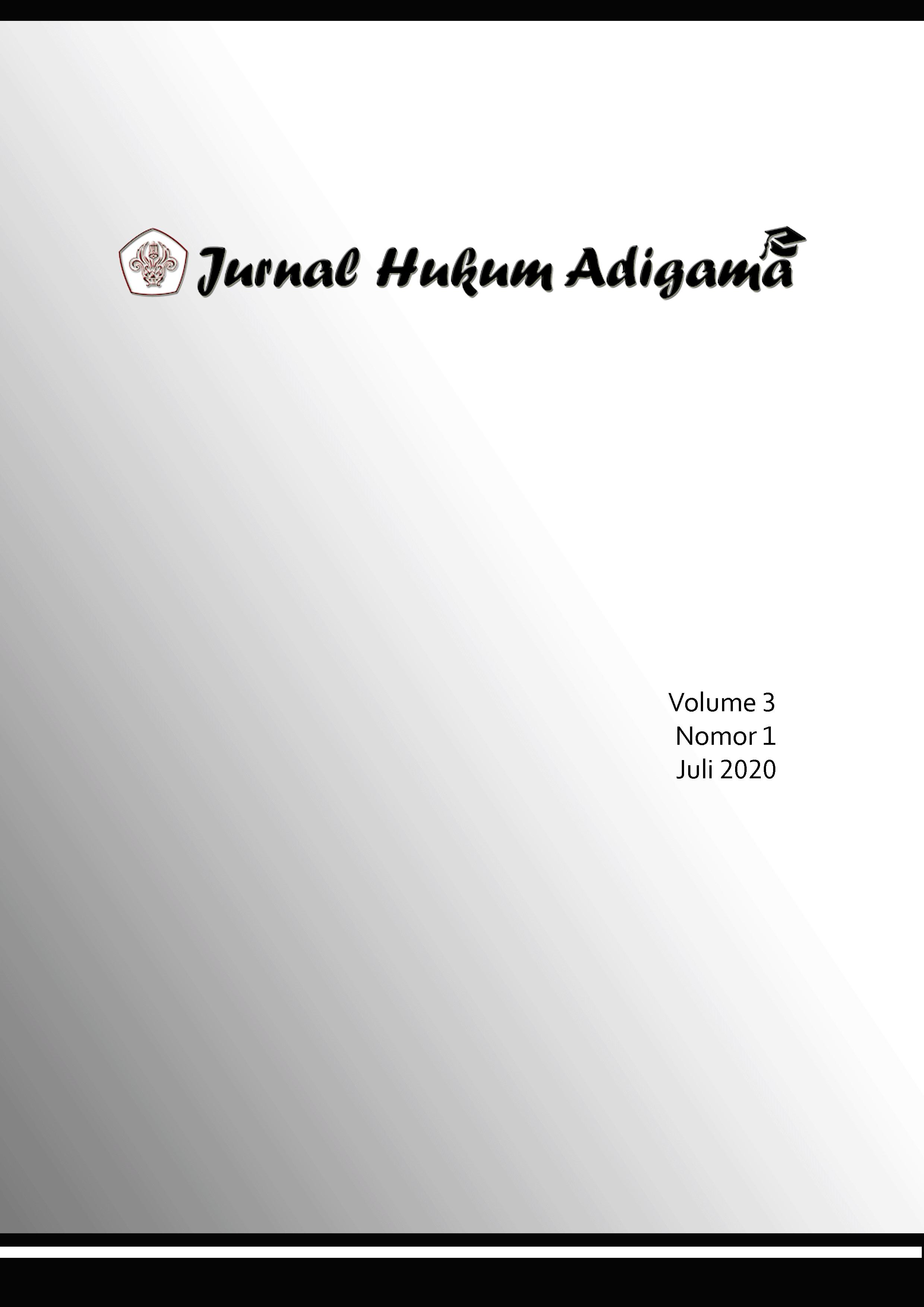PERLINDUNGAN KONSUMEN ATAS KETIDAKSESUAIAN INFORMASI TERKAIT KANDUNGAN BAHAN MAKANAN NON HALAL YANG DIPERDAGANGKAN DALAM PUTUSAN NOMOR: 429/PID.SUS/2019/PN.PDG
Main Article Content
Abstract
Food needs are the main of human needs. Terms of the nature of fulfillment, food needs have a mandatory nature to be fulfilled. If food needs are not met, then human survival will be hampered. In general, urban communities cannot fulfill their food needs (buying, cooking, processing, and preparing food) independently. Communities in urban areas in general specifically, choose to buy food that has been made and provided by other parties which, in fact, are people who live side by side with one another, hence it appears that the expectation of food needs is met along with the completion of the activities owned every day. Needs like this too, become one of the reasons the object of food-producing production becomes an object of production which is quite promising for businesses as service providers to meet food needs. Honesty is the main principles Business Actors running business they do. Implementation of the principle of honesty is expected to build public trust as consumers in consuming the products of Business Actors. In reality on the ground, not all business actors implement one of the basic principles in trading their products to the public. The activity of mixing non-halal food content is a form of dishonesty of business actors, which often occurs in the community. This action provides a security threat to the rights of consumers in terms of obtaining clear information about the food content traded by business actors.
Article Details
Section
Articles
This work is licensed under a Jurnal Komunikasi Creative Commons Attribution-ShareAlike 4.0 International License.

